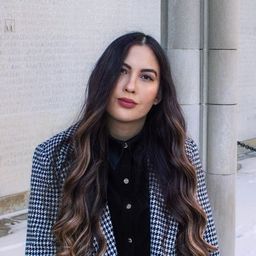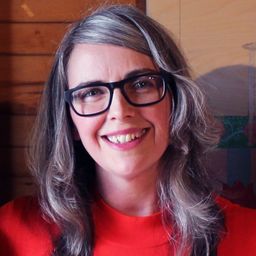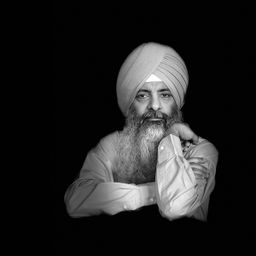Heritage for Whom? Conserving Community Spaces
My Session Status
While the relationship between architecture and community are intrinsically intertwined, the built form of “community spaces” is not easily defined by any specific style, design, or building typology. Though there are many purpose-built community buildings across Canada, including community and recreation centres, performance venues, and town halls, many community spaces often evolve organically and informally from the community itself in a diverse range of buildings and landscapes - from strip malls to public parks. These spaces are then defined by the activities that take place, and, more specifically, the people who use, gather, and connect within them. In using the space, the community creates their own connection to the surrounding built environment, forming a relationship between the social and architectural. To this end, some community spaces receive protection through architectural conservation practices and processes across Canada that focus on preserving historic structures and buildings deemed to have heritage value. However, through this same process, many community spaces are excluded, with no way to ensure the conservation of the intangible and social elements such as the cultural value, use, and programming, and more broadly placekeeping, stewardship, and accessibility.
This session looks to explore the question of “heritage for whom?” through an understanding of how diverse community spaces across Canada have been created, renewed, evolved, conserved, or lost. How can community members and historians document the ephemeral use of architecture through sources like photography, oral histories, and personal archives? What case studies can provide models for communities seeking to preserve their spatial histories with few physical resources? These and other related questions will be discussed as part of the session. We particularly welcome papers and alternative presentation formats from community historians, activists, and others whose work touches on these themes.
Sub Sessions
La ville extraordinaire is a three-year Partnership Development oral history research-creation project that aims to understand the ways in which diverse communities have shaped the city of Montreal over time. To this end, for the past year, our team has been interviewing older (broadly defined) residents of the city, including members of the Filipino-, Haitian-, and Chinese-Montreal communities, as well as less clearly delineated groups, such as older sex workers and older adults who face ...
The talk explores the Adaptive Reuse and Revitalization of Christian Religious Architecture by diverse faiths. These heritage spaces are transformed layer by layer and are adapted to the religious practices of the new inhabitants. The “original,” however, is largely evident and co-exists symbiotically with the “altered.” Interventions are made mostly to the interior of these spaces and the new occupants grapple with a form that does not necessarily align with their religious practices. Exp...



